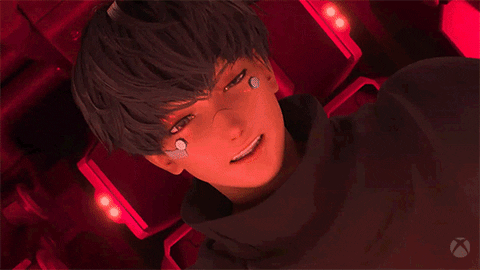Ender's Game, written by Orson Scott Card, is a novel that delves into the complexities of warfare, leadership, and morality. The story follows young Andrew "Ender" Wiggin as he is trained to become a military genius in order to save Earth from an alien race known as the Formics. Throughout the book, Ender faces numerous ethical dilemmas that challenge his moral compass and force him to question the actions of those around him.
One such dilemma arises when Ender learns about Battle School's manipulative tactics in shaping its students into ruthless warriors. The school uses psychological warfare, isolating children from their families and friends, pitting them against each other, and encouraging violence to create a sense of camaraderie among the students. This raises questions about whether it is ethical for adults to exploit children's vulnerabilities in order to achieve their own goals.
Another ethical consideration present in Ender's Game is the use of video games as training tools for warfare. The novel suggests that by playing these simulations, soldiers can gain valuable experience and knowledge about combat situations without putting themselves or others at risk. However, this raises concerns over whether it is acceptable to desensitize individuals to violence through gaming, potentially leading them down a path towards becoming cold-hearted killers.
In conclusion, Ender's Game presents several thought-provoking ethical considerations that challenge readers to reflect on the consequences of our actions and decisions. The novel serves as a reminder that warfare is not black and white; it often involves making difficult choices with far-reaching implications. As we navigate through life, let us strive to make decisions based on empathy, compassion, and understanding rather than fear or aggression.
